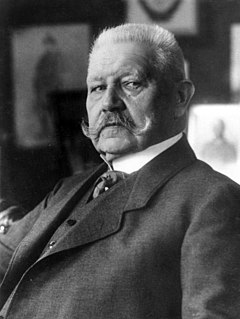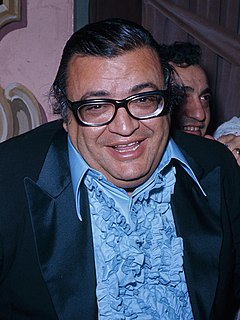A Quote by Ludwig von Mises
The public firm can nowhere maintain itself in free competition with the private firm; it is possible today only where it has a monopoly that excludes competition. Even that alone is evidence of its lesser economic productivity.
Related Quotes
If a company is not a monopoly, then the law assumes market competition can restrain the company's actions. No problem. If a monopoly exists, but the monopoly does not engage in acts designed to destroy competition, then we can assume that it earned and is keeping its monopoly the pro-consumer way: by out-innovating its competitors.
In the whole history of capitalism, no one has been able to establish a coercive monopoly by means of competition in a free market...Every single coercive monopoly that exists or ever has existed...was created and made possible only by an act of government...which granted special privileges (not obtainable in a free market) to a man or a group of men, and forbade all others to enter that particular field.
It is not competition, but monopoly, that deprives labor of its product. Destroy the banking monopoly, establish freedom in finance, and down will go interest on money through the beneficent influence of competition. Capital will be set free, business will flourish, new enterprises will start, labor will be in demand, and gradually the wages of labor will rise to a level with its product.
The ultimate consequences of the individualist spirit in economic life are those which you yourselves, Venerable Brethren and Beloved Children, see and deplore: Free competition has destroyed itself; economic dictatorship has supplanted the free market; unbridled ambition for power has likewise succeeded greed for gain; all economic life has become tragically hard, inexorable, and cruel.
I recall a conversation with the CEO of large electrical equipment MNC in which he began by asking me to guess how many innovation centres his firm had around the world. My guess was nowhere near the 160 that turned out to be the answer. Not surprisingly this CEO recognized that his firm's ability to innovate was being hampered by the huge size of their footprint which brought few benefits as it was inefficient, there was duplication across sites and competition between them. In this and most other cases, the costs of the expanded footprint outweigh the benefits.



































